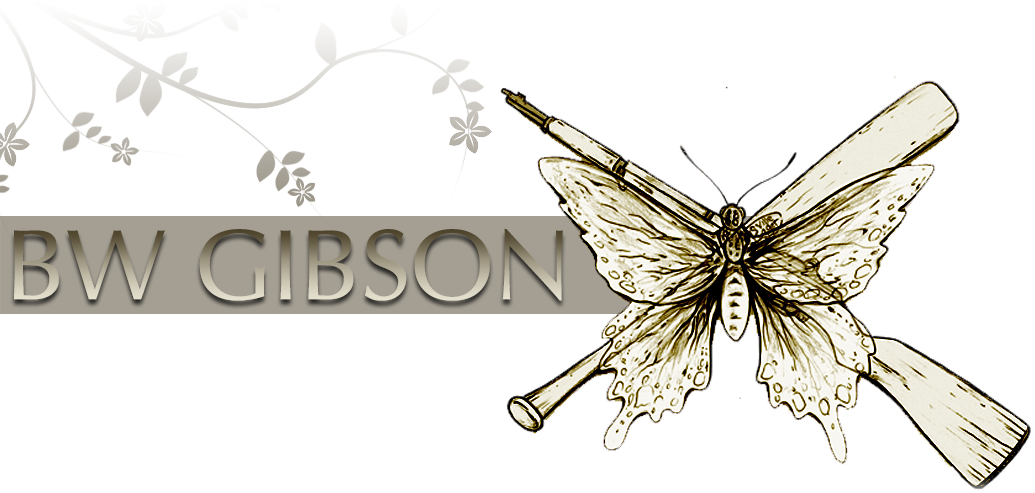I would be remiss if I didn’t catch you all up on some of the conversations I’ve been having with fellow writers and poets. The predominant topic of conversation has constellated around expressionism and the subjective aberration of emotions in order to spark moods and/or ideas. I believe documenting these sparks in a journal is the key to engaging your mind with the creative writing process. To render a subsequent cache of the current mind’s fleeting stream of thoughts, phrases and original ideas is worth its weight in gold. There are certain excerpts from my Extra Innings books that were scribbled down in my journal long before they ever appeared on the pages of The Diamond Thieves, Race of the Gemini or A Hero Among Thieves. Likewise, I’ll do the same with my next novel: Sheldon’s Falls.
Where I have found the most value in this practice of documenting original ideas is in my songwriting and poetry. Thoughts, phrases and ideas may spark from conversations with friends, images seen throughout some of my travels, or perhaps while I’m on a casual walk, etc. In fact, I get most of my ideas while sitting on a plane or at an airport waiting for a plane – but that’s just me.
The concept of the “engagement diary” exists when you find a particular idea or emotion that truly captures your attention above the rest. This is typically one involving a broader scope and, therefore, begs for more development. Once documented in their journal, the writer and/or poet should then leave additional space so when they have time to revisit this particular idea they can continue writing more. This is exactly the practice that fostered my initial developments of The Extra Innings Trilogy. I began with concept of identical twins; including what they looked like, personality traits, hobbies, emotional struggles (considering they were facing puberty), etc and developed the story’s plot(s) from there. In order to do so, I really needed to get engaged with concept of these characters, revisiting them day after day and, in the end, these journal notes made formulating the story much less governed and restricted by in the moment calculations and head-scratching writer’s block as many writers I’ve spoken with find to be their primary struggle.
As oxymoronic as this may sound, writing should feel like an engaged freedom. The writer should feel comprehensively involved in the telling of the story while, at the same time, experiencing a sense of liberty with their prose. Having this journaled inventory of thoughts, phrases and ideas has certainly helped to furnish this sense of liberty and engagement in my writing, for whenever I get stuck in a writer’s rut and don’t how how to proceed, I have a backlog of original ideas to revisit to help get things moving again. Try it for yourself and let me know what you think.
